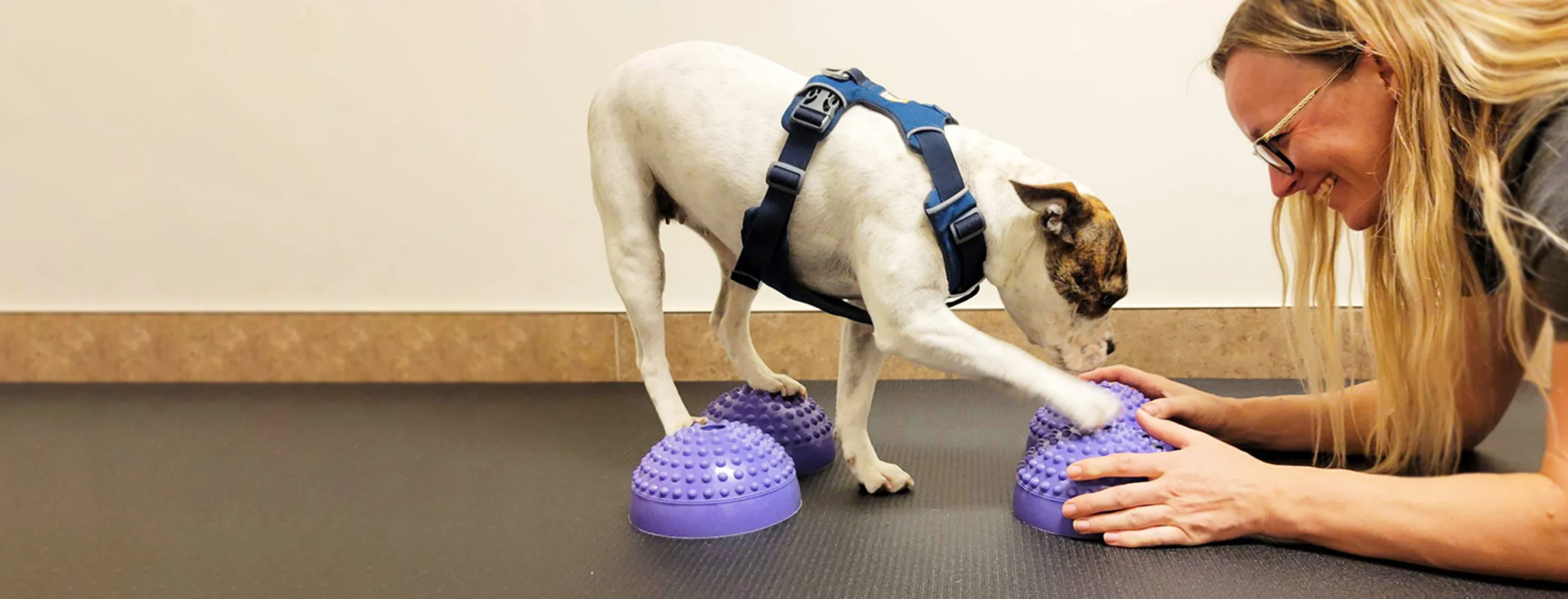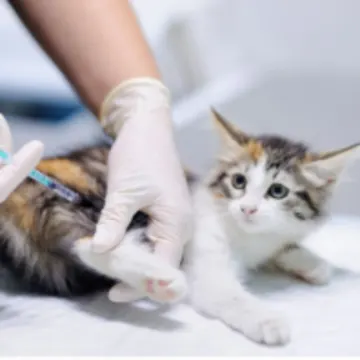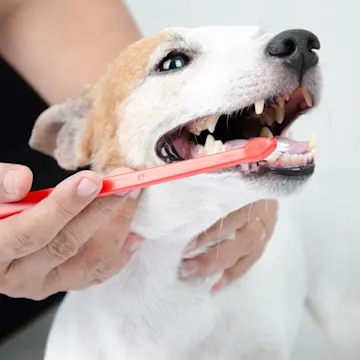Uxbridge Veterinary Hospital





Your Pet's Care Comes First
Our seasoned veterinarians and hospital team provide a wide range of services. From wellness and preventative care to dentistry, nutritional counselling, parasite management and more—we deliver a level of care that will promote your pet’s overall health and happiness.
Our services are always tailored to each patient’s needs. We’re open and honest in our communication so you can make informed decisions about your beloved pet’s care. We offer a calm and happy space which feels like a home away from home.

A Good Diet Makes All the Difference
Nutrition can play a significant role in the overall health and well-being of our pets. We know that there is a mountain of information out there from an equally wide variety of sources. It’s easy to get overwhelmed by the volume and difficult to know who a credible source is and who is not. Look no further…
Let our Doctors and Team help you sort through the practical information about pet food and nutrition. Let’s talk about your pet’s diet, healthy digestion, the ideal weight for their breed, age, and lifestyle. We’re here for those conversations because a good diet is an important part of every pet’s health and well-being throughout their life.






Rehabilitation Centre
Like UVH on Facebook!
Follow UVH on Instagram!
Rehabilitation Centre
Like UVH on Facebook!
Follow UVH on Instagram!
Rehabilitation Centre
Like UVH on Facebook!
Follow UVH on Instagram!
Rehabilitation Centre